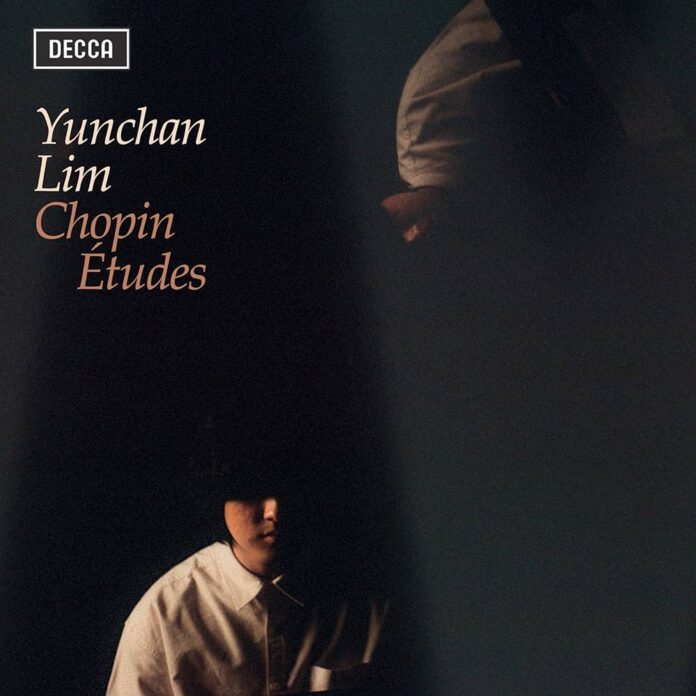Music review Chopin Etudes, Yunchan Lim (piano). Decca.
Any new release of the Chopin Etudes should be reviewed with caution. On the one hand, we can be certain that the artist tackling this project is a virtuoso. On the other hand, the sheer number of impressive and diverse recordings of these masterpieces makes comparisons inevitable. Therefore, in this review, I will compare Yunchan Lim’s performance to my benchmark recordings: Zayas (both 1983 and 2005), Pollini, Cziffra, Perahia, and Lisitsa (her QOR label remake, not the poorly recorded Decca version, which often sounds glib).
To cut to the chase, while Lim undoubtedly exhibits virtuosity, his performances are mostly undermined by the fuzzy recorded sound and occasionally unclear articulation, not to mention his often idiosyncratic approach—whether due to the muffled recording, over-pedalling, or a combination of both. It might seem unconventional to start a review by addressing the recorded sound, but here it is unavoidable—the shortcomings are glaring: the piano sounds muffled and soft-edged, the recording distant with an odd ambiance. And while some distance can be beneficial, here it sounds as if the microphones were somehow covered (and for the record, I listened to it under 24-bit sound conditions).
Take the opening Etude, for instance, Op. 10 No. 1 in C Major. Where Pollini dives in with crystalline clarity, Lim sounds recessed and dull. Compared to Zayas’s clear articulation or Lisitsa’s luxurious brilliance, this performance falls short. In Op. 10 No. 3 in E Major, the famous “Tristesse” Etude, the muffled recorded sound combined with the pianissimo passages forces you to adjust the volume to hear it clearly. Lim’s tempo is slower at 4:14 (compared to Pollini’s 3:42 and Perahia’s 3:51). Is this a problem? Not necessarily; this Etude can benefit from a relaxed tempo, but here the combination of slow playing and muffled sound makes the “Tristesse” Etude resemble the “Berceuse” more than an Etude. For this Etude specifically, listen to Zayas’s perfect balance of virtuosity and emotional depth to experience new possibilities of performance for this piece.
In Op. 10 No. 9 in F Minor, there are moments of beautiful, hushed pianissimo, but overall the drama is lacking (Perahia excels here, imparting gravitas to each note). The real issue emerges in Op. 10 No. 11, the so-called “Arpeggio” Etude. The arpeggio effect (the trills) is not very audible from the start. Pollini is the master of trills here, and even Lisitsa, who takes a minute longer, is far more expressive. The same criticism applies to Op. 25 No. 1: “Aeolian Harp,” where Lim’s rendition feels more like a lullaby. I won’t continue criticising each Etude individually, but let me highlight the final two. While Cziffra can be cataclysmic in Op. 25 No. 11 in A Minor, Lim’s performance is more tame. And in the last Etude, Op. 25 No. 12 in C Minor, Pollini’s allows the notes to be heard clearly despite the slightly faster tempo. In contrast, Lim’s notes sound clipped with limited distinction between them.
In conclusion, while this set showcases the technical prowess of a clearly talented pianist, the recording quality significantly detracts from the overall experience. Let’s not forget that Lisitsa faced similar issues with her Decca recordings, but her performances really stood out when she re-recorded them under different conditions. Hopefully, Lim will offer another take in the near future, one that is more convincing both interpretatively and sonically.
Rating: ★★☆☆☆






